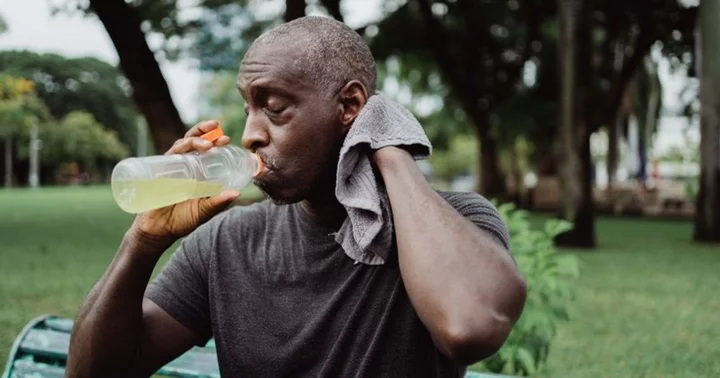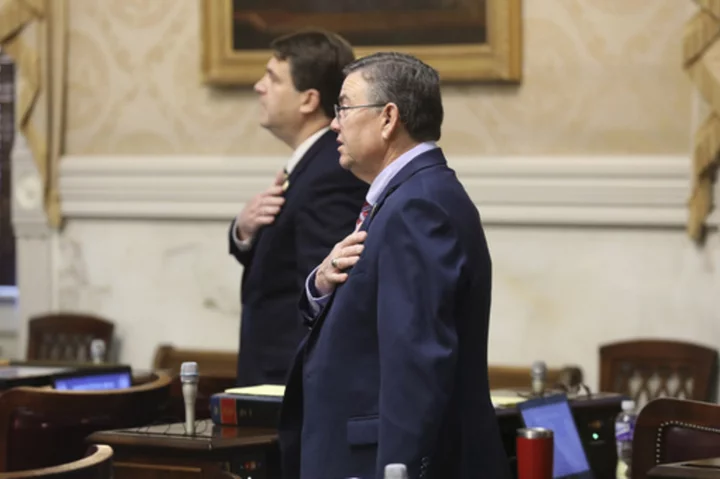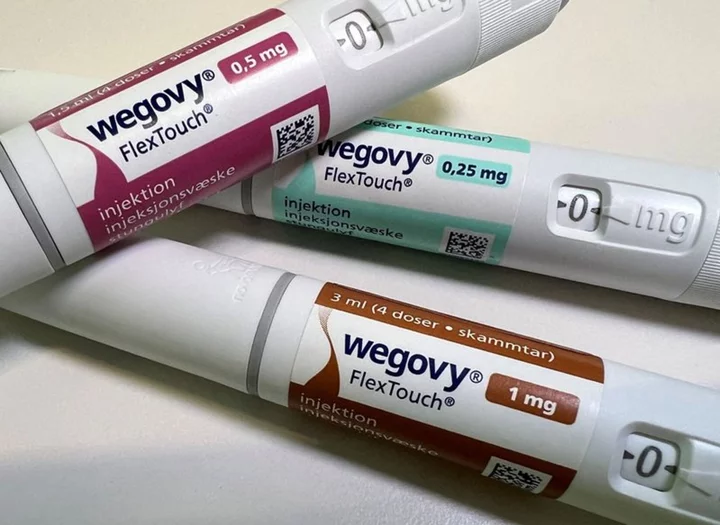LAS VEGAS, NEVADA: As a relentless heat wave continues to scorch most of the United States, Las Vegas braces for potentially record-breaking temperatures. City authorities have urged residents and visitors to remain indoors between 9 am and 6 pm over the weekend in an effort to mitigate the health risks associated with the intensifying heat. The National Weather Service has issued heat alerts covering over 90 million people, warning of temperatures that pose a potentially deadly threat without adequate cooling and hydration.
Dangers amplified due to the possibility of all-time high temperature
Meteorologists predict that Las Vegas, already notorious for its scorching summers, may surpass its all-time high temperature of 117 degrees Fahrenheit on Sunday, July 16. This extreme heat has driven an influx of elderly residents and dehydrated construction workers to emergency rooms in recent days, heightening concerns about the well-being of vulnerable populations. The searing heat is not limited to Las Vegas alone as it extends across multiple states, including Nevada, Arizona, and California. In some desert regions, temperatures are expected to exceed 120 degrees Fahrenheit, amplifying the dangers associated with prolonged exposure to extreme heat.
Dr Matthew Levy from the Johns Hopkins University School of Medicine warned, "Make no mistake about it: This heat is deadly, and being in it for long periods of time is deadly," to CNN. He emphasized the urgent need for maximum community vigilance and protective measures. The scorching conditions have also exacerbated the risk of wildfires. By Friday afternoon, July 14, three separate brush fires had erupted in Riverside County, southeast of Los Angeles, requiring the efforts of hundreds of firefighters. The blazes, located within a 40-mile radius of one another, have prompted evacuation orders for nearly 1,000 households. Thankfully, no injuries have been reported thus far.
National parks issue warnings
In response to the escalating heat wave, Death Valley National Park in California and Saguaro National Park in Arizona have issued warnings advising against hiking after 10 am local time. Texas authorities at Big Bend National Park have also emphasized the dangers of the extreme temperatures, urging hikers to stay off trails in the afternoon and take necessary precautions to stay hydrated. Tragically, recent incidents serve as a reminder of the lethal consequences of heat-related conditions. In Texas, a stepfather and one of his stepsons died while hiking in extreme heat in a park in June. Similarly, a 57-year-old woman perished while attempting to hike eight miles in scorching temperatures in Grand Canyon National Park in early July.
Phoenix, Arizona, has also been sweltering under record-breaking temperatures, experiencing its 15th consecutive day with temperatures reaching 110 degrees Fahrenheit or higher on Friday. The city's Chief Heat Officer, David Hondula, described the upcoming conditions as some of the most serious and hot ever seen, emphasizing the critical need for community vigilance.
What happens to your body at temperatures above 122 degrees Fahrenheit?
Understanding the impact of extreme heat on the human body is crucial to mitigating the associated risks. When exposed to high temperatures, the body's natural cooling mechanisms become strained. Moreover, sweat, which typically evaporates to cool the body, becomes less effective in humid conditions, allowing the body's temperature to rise further. High body temperatures can cause damage to vital organs and lead to various heat-related illnesses, as highlighted by the Centers for Disease Control and Prevention (CDC).
Dr Judith Linden, executive vice chair of the Department of Emergency Medicine at Boston Medical Center and a professor in the emergency medicine department at Boston University’s School of Medicine, explained the body's response to heat. "There are a number of different ways in which (the brain) attempts to cool the body down. One way, the most common way we think of, is that you sweat," Linden told CNN. "The pores open, the body sweats and the sweat evaporates, that cools the body." Linden further elaborated, "The second way your body cools itself down is by dilating vessels and upping your heart rate, which helps bring heat and blood to the surface of your body and helps release that excess heat."
Who are at high risk during rising temperatures?
It's important to note that certain individuals are particularly vulnerable to heat-related illnesses. The elderly, people with chronic medical conditions, children, student-athletes, and pets face higher risks due to factors such as reduced ability to sense and respond to temperature changes, the use of medications that exacerbate heat effects, or limited awareness of heat-related illnesses. To stay safe during extreme heat, it is crucial to be vigilant and take preventive measures. Recognizing the symptoms of heat exhaustion and acting promptly is vital. If someone exhibits signs of lightheadedness, dizziness, nausea, headache, confusion, or a fast pulse, Dr Linden advises, "That means getting them out of the heat and into a cool environment." She also emphasizes the importance of providing fluids to help cool down the individual and seeking medical assistance if necessary.
Precautions to take during record high temperatures
Engaging in outdoor activities during peak heat hours, typically between 11 am and 3 pm, should be avoided. When venturing outside, wearing light-colored clothing, protecting the head, and drinking plenty of fluids are essential. As hydration is crucial, it is advisable not to wait until thirst sets in before drinking water. Finding air-conditioned spaces, such as shopping malls or public libraries, can offer temporary relief from the heat.
Although fans may provide some comfort, Dr Linden cautions that they are not sufficient on their own to prevent heat-related illnesses. Therefore, relying on air conditioning or seeking out air-conditioned spaces is vital. Lastly, community support is vital during extreme heat events and Dr Linden highlights the importance of checking on neighbors, parents, and friends, especially those who are elderly or living alone, to ensure their safety and well-being.









